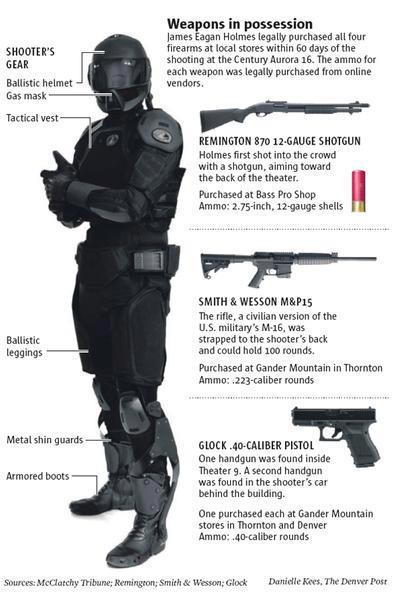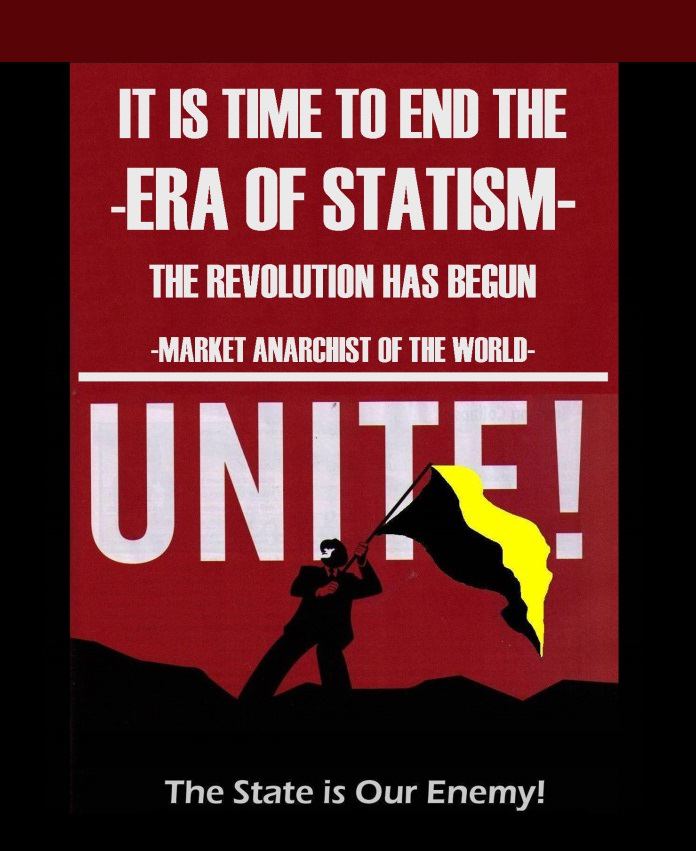One thing is certain, a large number of people fail to learn from history. A letter printed in the Star Tribune demonstrates this fact:
After 9/11, it became much tougher to fly, with new bans and restrictions on what you could bring onto any commercial airliner, all in the name of safety, protecting us from people bent on mass killing. The rules may not be perfect, but they seem to work very well.
The big problem here is that the Transportation Security Administration (TSA) has failed to catch a single terrorist. In fact the shoe bomber, plot involving liquid-based bombs, and the underwear bomber all have two things in common; they happened after 9/11 and the implements meant to destroy the planes managed to get on the planes.
Those of us who pay attention to security-related news have a term for the new practices implemented since 9/11, security theater. The so-called security measures are nothing more than a show meant to make you feel safer but fail to actually make you safer. They’re expensive boondoggles that waste valuable resources on unproductive failures.
When the manufacturing of methamphetamine spiraled out of control, limits and actual databases were created to block the staggering amount of head-cold products being used to make meth. Not perfect, but working pretty well, according to recent statistics.
I’m guessing the author is referring to the restrictions on pseudoephedrine. You know, those restrictions that have failed to curb meth production and have added $1.5 billion to the actual cost of medicines containing pseudoephedrine? In fact this point ties in with the author’s previous point because the TSA have been caught assisting drug dealers in smuggling methamphetamine.
The author is correct about one thing, the laws aren’t perfect, in fact they abysmal failures that waste valuable resources that could be productively used elsewhere.
When drunken driving became an epidemic in this country, we cracked down and made the penalties much harsher. Not perfect by any means, but much better than it was.
I’m sure the author isn’t referring to civil rights violations like sobriety checkpoints that usually failed to catch any drunk drivers. Perhaps he was referring to Prohibition, which lead to a massive spike in the rate of violent crime. Interesting, according to that study, not only did Prohibition lead to a spike in violent crime but so did the war on drugs. Once again the author is correct, the means are not perfect, in fact they are likely worse than the problem they were supposed to fix.
When psychotic people, intent on killing as many people as possible, can buy unlimited ammunition, riot gear, assault weapons and bomb material with a simple driver’s license, a 30-minute background check (as in Colorado) and free shipping through the Internet, I have to question anyone who doesn’t support fair, equitable, common-sense decisions limiting how and what can be purchased.
And those of us who pay attention to history must question you for suggesting we implement policies that have been shown to fail. In fact the government itself admitted that the deceptively named assault weapon ban “has failed to reduce the average number of victims per gun murder incident or multiple gunshot wound victims.” On top of that, so-called assault weapons are rarely used in crimes [PDF]:
Proponents of renewing the ban claim that assault weapons are currently used in two-thirds fewer crimes than before the AWB,76 but other empirical evidence suggests that “assault weapons. . . are rarely used in crimes.”77 Fewer than ten percent of all murders and manslaughters involved long guns (of which semiautomatic rifles are a small subset).78 Contrary to the common perception, assault weapons are used in only about one percent of all police gun murders.79 The Justice Department study mandated by the AWB80 was also equivocal: noting that assault weapons are not commonly used in crimes and that Bureau of Alcohol, Tobacco and Firearms (BATF) tracing statistics were down since the AWB, but that there were generally more weapons available to the public which could possibly reach criminal hands.81
Do note that the research paper wasn’t written by a pro-gun organization but by an individual that was hoping to find publicly acceptable forms of gun control. When those in favor of gun control fail to make an argument for banning so-called assault weapons then the cause can’t be considered anything but pointless.
Limiting purchases and monitoring through a database may never be perfect, but it certainly could reduce the carnage we witness over and over in this country.
JEFF HEIMER, Blaine
Except we already tried a ban on so-called assault weapons and, as I’ve shown, it didn’t reduce violent crime. Trying something that failed again, only harder, isn’t going to make it work. We have to face the fact that crazy violent people will do crazy violent things. No amount of legislation, restrictions, or other controls can change that. The only thing we can do is allow individuals to equip themselves to best deal with such situations when they arise.



